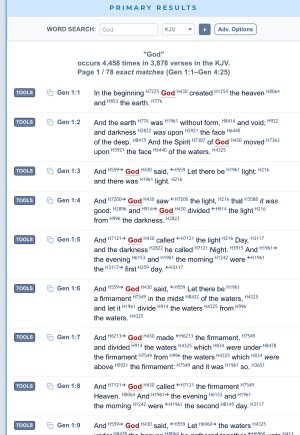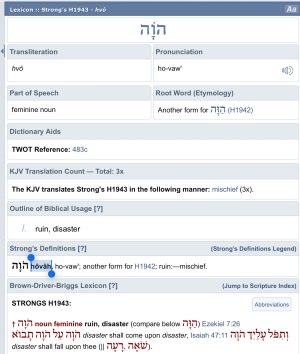Lexicon
hairesis: Sect, faction, heresy
Original Word: αἵρεσις
Part of Speech: Noun, Feminine
Transliteration: hairesis
Pronunciation: hah'-ee-res-is
Phonetic Spelling: (hah'-ee-res-is)
Definition: Sect, faction, heresy
Meaning: a self-chosen opinion, a religious or philosophical sect, discord or contention.
In the New Testament, αἵρεσις is used to describe groups or factions, particularly those that deviate from orthodox teachings. It is often translated as "sect" or "heresy."
Context: The term αἵρεσις appears several times in the New Testament, reflecting its evolution from a neutral term for a choice or party to a more negative connotation of division or heretical group. In the context of the early Christian church, αἵρεσις was used to describe groups that held beliefs contrary to the apostolic teachings.
-
Acts 5:17 (BSB): "Then the high priest and all his associates, who belonged to the party of the Sadducees, were filled with jealousy." Here, αἵρεσις is translated as "party," referring to the Sadducees as a distinct group within Judaism.
-
Acts 24:5 (BSB): "We have found this man to be a pestilent fellow, an agitator among all the Jews throughout the world, and a ringleader of the sect of the Nazarenes." In this passage, αἵρεσις is translated as "sect," indicating the early Christians as a distinct group perceived as divergent from mainstream Judaism.
-
1 Corinthians 11:19 (BSB): "And indeed, there must be differences among you to show which of you are approved." The word here implies divisions or factions within the church, highlighting the presence of differing beliefs or practices.
-
Galatians 5:20 (BSB): "idolatry and sorcery; hatred, discord, jealousy, and rage; rivalries, divisions, factions." In this list of works of the flesh, αἵρεσις is translated as "factions," indicating divisive groups within the community.
-
2 Peter 2:1 (BSB): "Now there were also false prophets among the people, just as there will be false teachers among you. They will secretly introduce destructive heresies that will even deny the Master who bought them—bringing swift destruction on themselves." Here, αἵρεσις is translated as "heresies," referring to false teachings that lead believers astray.
The use of αἵρεσις in the New Testament underscores the early church's struggle with maintaining doctrinal purity and unity. It serves as a warning against the dangers of false teachings and the importance of adhering to the true gospel.
hope this helps !!!



